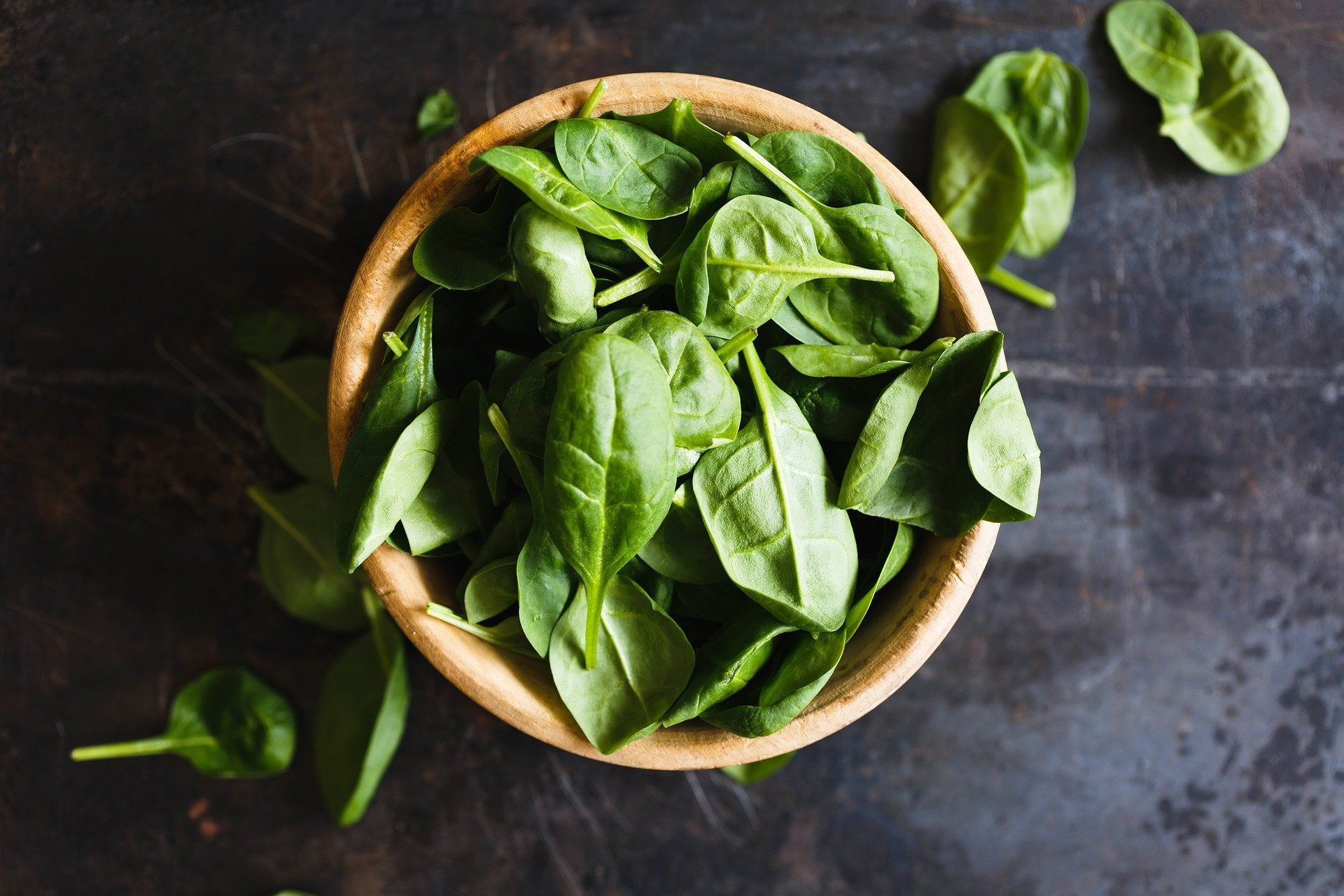
5 Signs You Need More Fiber Or A Fiber Supplement
It’s the most wonderful time of the year. But it’s often not for gut health. All those hearty winter meals combined with lots of desserts and we are often left with stomach discomfort. And this is one of the telltale signs that you might need to start taking a fiber supplement.
Fiber is essential for bowel health. A healthy diet should include foods high in fiber including leafy greens, fruits, and whole grains.
Interestingly, fiber isn’t broken down by the body, but rather helps to keep a healthy digestive system by aiding in eliminating waste. Helping to clean out your digestive system, it is essential for making bowel movements and reducing constipation.
Dietary fiber also helps “feed” the good bacteria in our guts.
Fiber also helps keep us feeling full for longer, which is why it’s a good time to start adding more fiber into a diet to prevent unwanted overeating.
How Much Do You Need?
The daily recommended intake of fiber is 25 to 38 grams. However, the Academy of Nutrition and Dietetics found that most are only getting half of this.
There are two types of fiber: soluble and insoluble fiber. Soluble fiber—such as that found in apples, carrots, barley, nuts, and seeds— works with water to allow for nutrient and vitamins to slowly get absorbed in the body.
Insoluble fiber—such as whole grains, beans, berries, and green beans—speeds up digestion, promoting regularity in the bathroom.
How Do You Know You Need More?
1. Constipation
Feeling backed up is the number one sign a diet is not sufficient in enough fiber. Fiber adds water along through the digestive track so not having enough makes it harder for stool to pass through.
2. Diarrhea
Conversely, this is the second most common reason. Remember that fiber aids in bowel regularity so not enough could result in either constipation or diarrhea.
3. Hunger
As already mentioned fiber helps keep hunger away. A sign that more fiber or a fiber supplement be including in the diet is constantly feeling hungry. If you are a person who gets hungry immediately after eating, this is a telltale sign that you are lacking fiber.
Fiber also helps to regulate blood sugar levels by slowly breaking down foods to be used as fuel. If you find you have a lack of energy, it can mean low blood glucose levels, and might want to add a fiber supplement.
4. Acne
There is a major link between acne and the foods you consume. While dairy is a common culprit of stubborn breakouts, acne is also a sign you aren’t getting enough fiber and might want to ass a fiber supplement.
Fiber helps eliminate waste and toxins so if you want these toxins to be eliminated from the body and thus your pores start that fiber intake to help keep things regular.
5. High Cholesterol
Fiber is also important for heart health—specifically lower cholesterol. Soluble fiber is responsible for helping remove cholesterol from the small intestine to be removed from the body. Adding more fiber or a fiber supplement can be a great idea for those looking to reduce high cholesterol and the risk of heart disease.
High Fiber Foods:
- Beans
- Lentils
- Peas
- Broccoli
- Banna
- Avocado
- Apples
- Figs
- Passion fruit
- Prunes
- Dates
- Raspberries
- Blackberries
- Acorn squash
- Parsnips
- Spinach
- Brussel sprouts
- Chia seeds
- Quinoa
- Barley
- Brown rice
How To Add More Fiber

Making a soup with parsnips and acorn squash or chili with black beans is great ways to add more fiber to wintertime meals. Avocado on toast and a banana for breakfast is also a good choice.
However, many people still struggle to get the recommended daily intake. This is why fiber supplements are a good choice when looking for digestive health.
Start the day off with NDX fiber DX chewable supplements that contain 4 grams of fiber per serving. Combined with a well-balanced diet, it is much easier to reach that 25 grams and 38 grams of fiber for women and men respectively.
All-natural, gluten and dairy-free, fiber DX supplements also contain the plant root Chickory for its soluble fiber benefits.
Get fiber DX supplements from NDX here.




